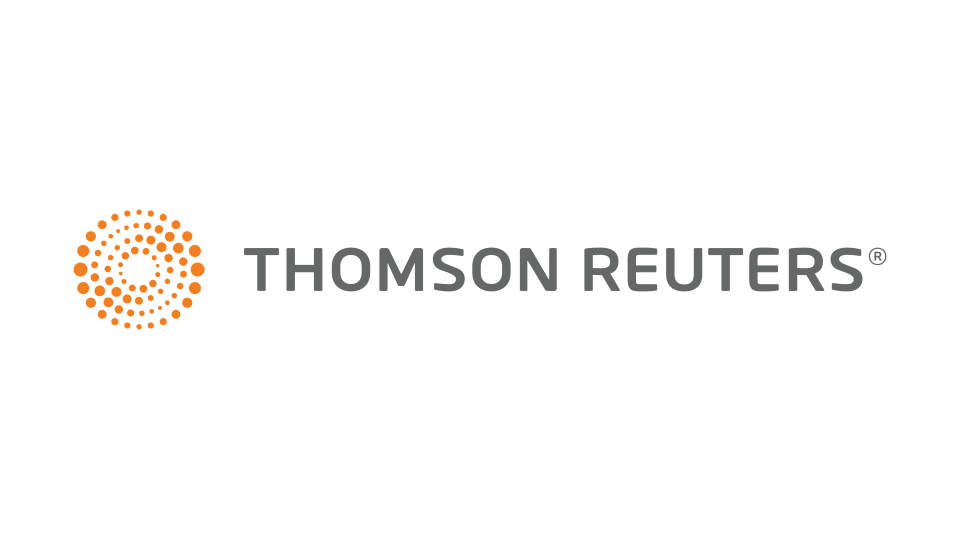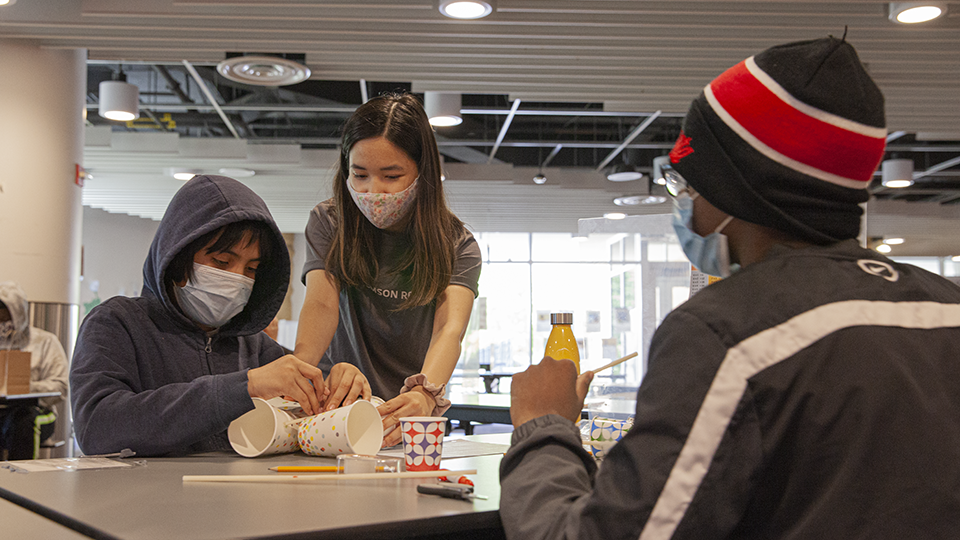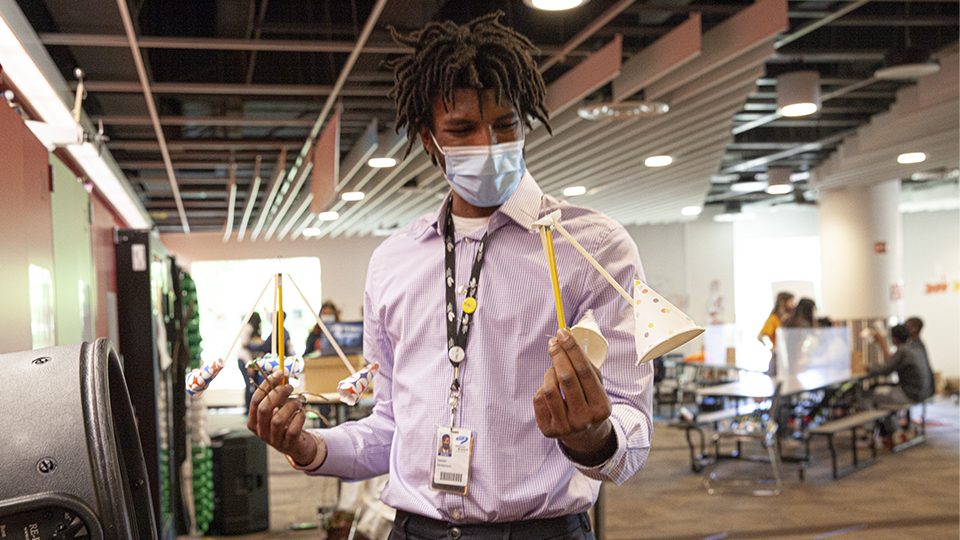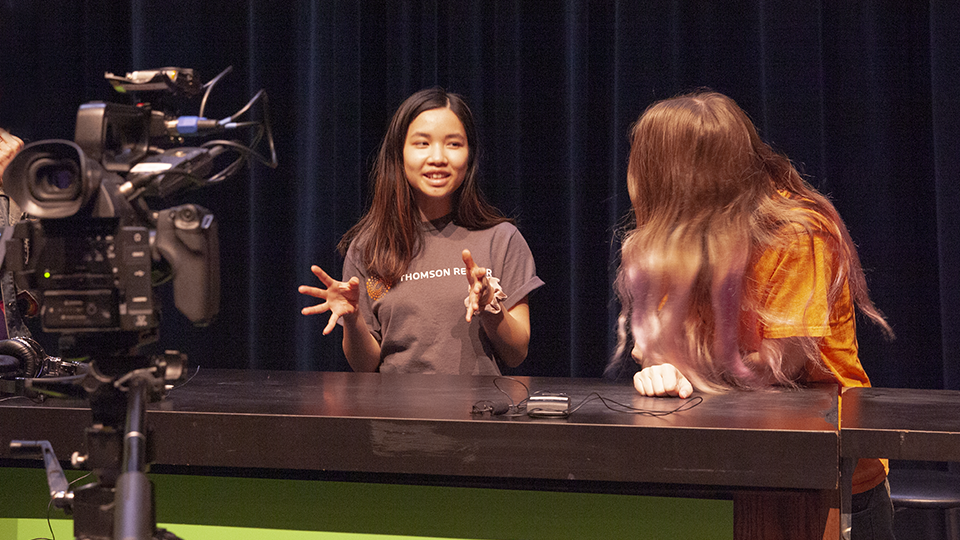
Funder Spotlight: Thomson Reuters
The COVID-19 health crisis and its impact on our homes, work, and families is responsible for a generation-defining time of fear and anxiety. This shift also compounded existing economic, health, and education disparities in ways that made a difficult time in history even harder.
We are so grateful for community partners like longtime museum supporter Thomson Reuters, which, in addition to providing supporting sponsorship of our Science Is All of Us campaign, shared staff science expertise: Engineers Charlotte Foran and Thao Truong served as guest presenters for a wind energy activity at Full STEM Ahead, a program to help negate issues that contribute to disparities brought on by inequitable access to resources.

Teachers and staff of St. Paul City School, a public charter school and longtime Science Museum partner, identified 28 students grades two through eight who were in greatest need of reliable internet access and/or a safe and supportive space to learn. These students joined instructors at the Kitty Andersen Youth Science Center (KAYSC) Monday through Thursday from the program’s creation in October through the end of the school year to complete their school day in a STEM-centered learning environment.
St. Paul City School provided Chromebooks, online instruction, and box lunches. In turn, the Science Museum provided the space, breakfast and snacks, transportation to and from the museum, and KAYSC Design Team instructors (including generous professional volunteers) to assist with supervision, technology, and student engagement to help students complete their daily distance learning activities.

“I cannot state clearly enough how perfectly [this partnership] meets a very real need that we have,” said Justin Tiarks, principal of St. Paul City School. “They are solving the barrier of internet access. They are solving the barrier of structure and adult support. They are offering to remove a stress burden from the shoulders of some of our most precious families that we were not able to remove without them.”
Students also completed indoor and outdoor physical and facilitated mental health breaks, as well as an end-of-the-day STEM activity that reflected the KAYSC’s mission to use STEM as a tool to pursue social justice and dismantle inequitable systems. In this way, the goal was for students to see themselves in STEM and have the tools to consider future educational/career opportunities through fun and creative hands-on STEM activities.

To keep up with educational efforts at the Science Museum, subscribe to our educator newsletter here; to learn more about the work done by the KAYSC, visit smm.org/kaysc.